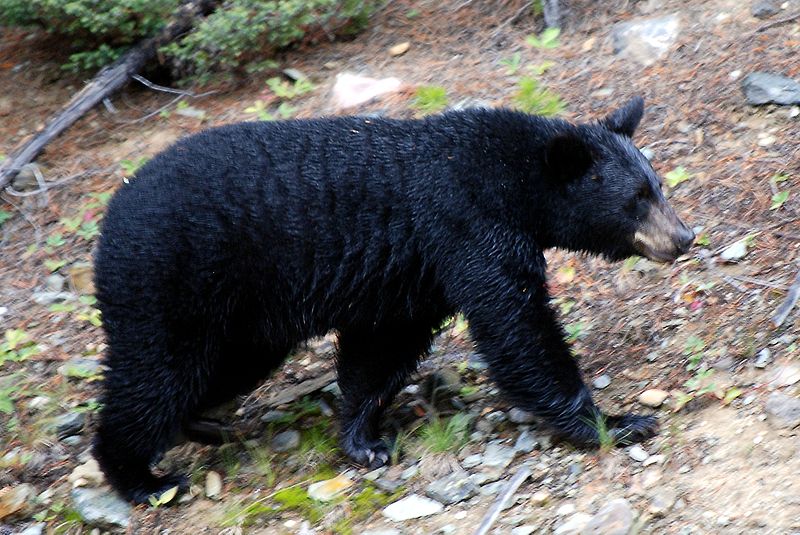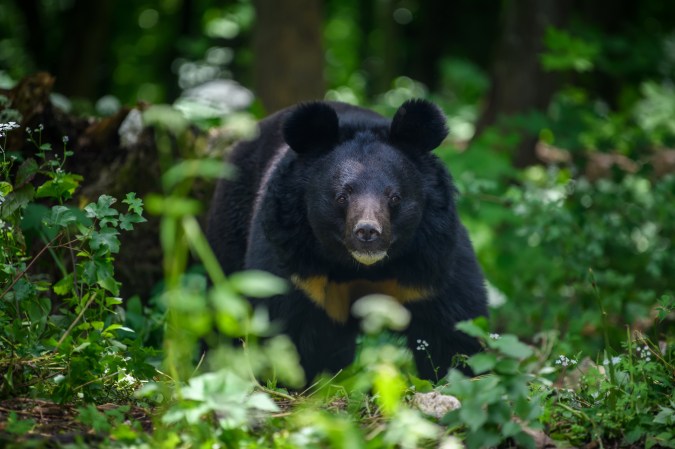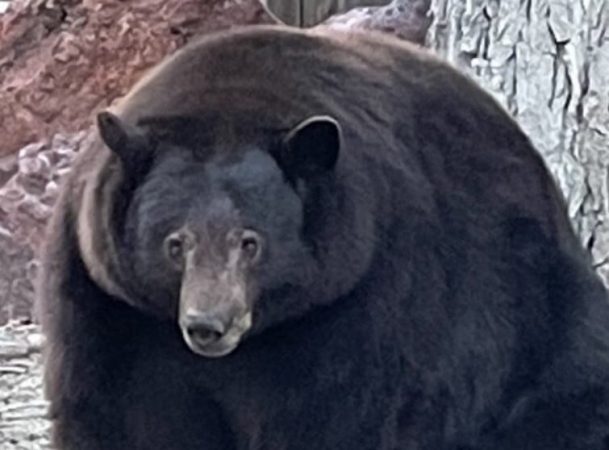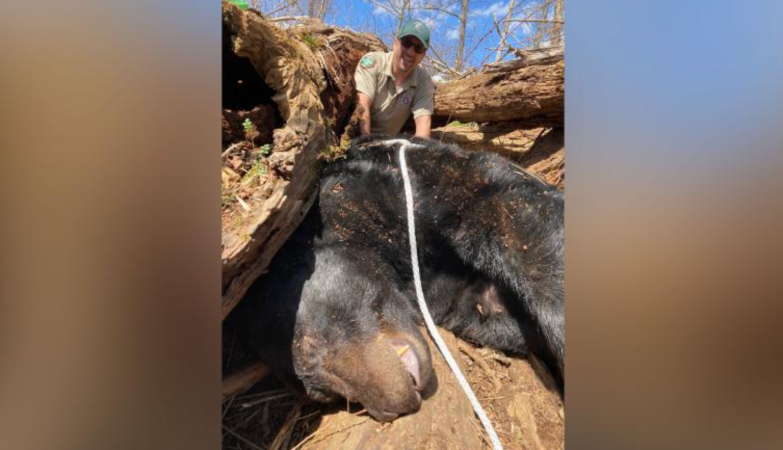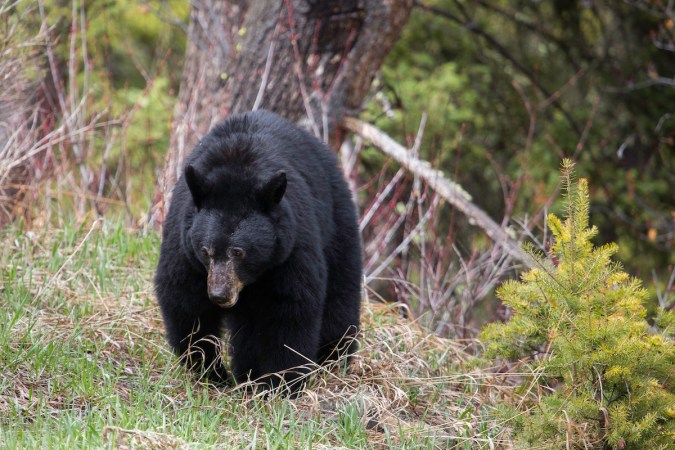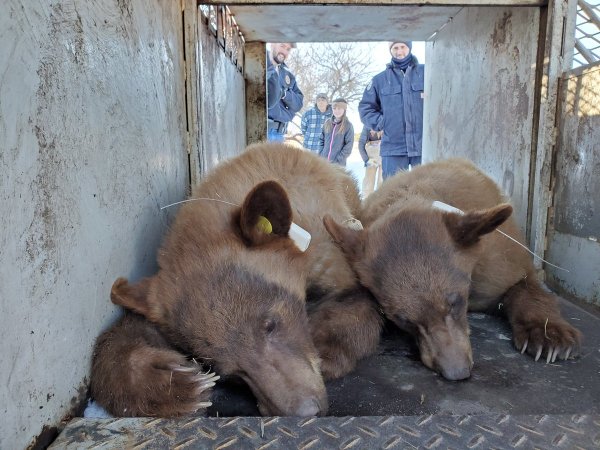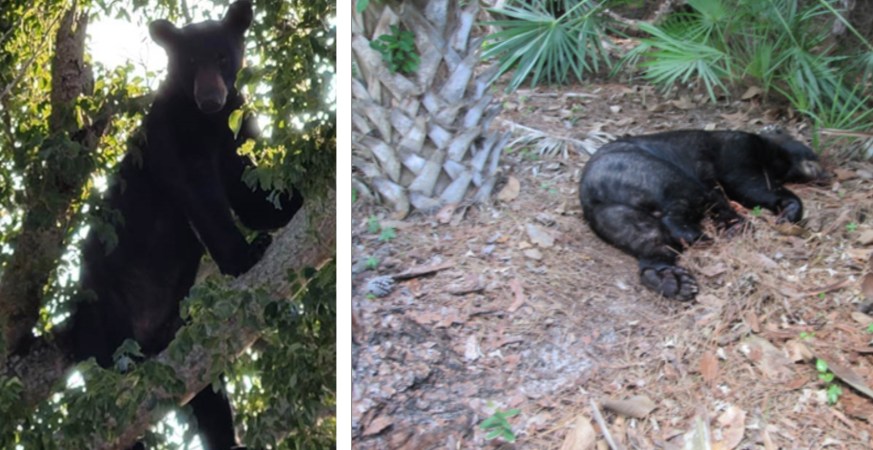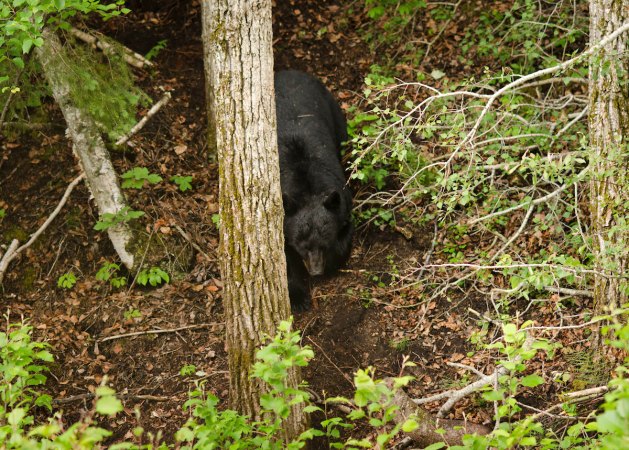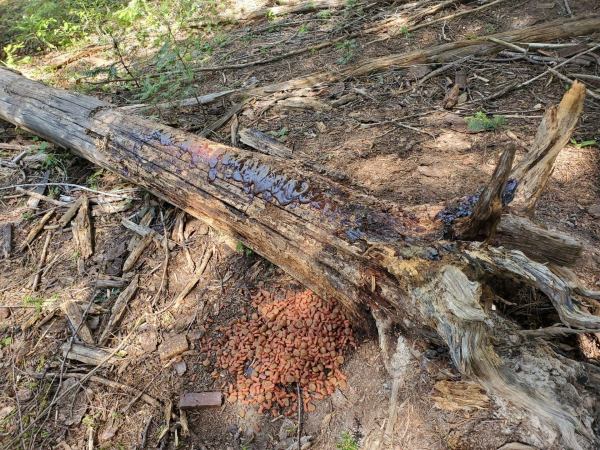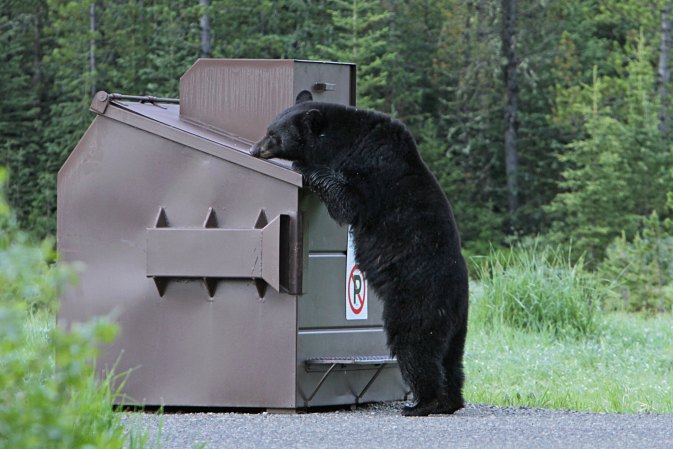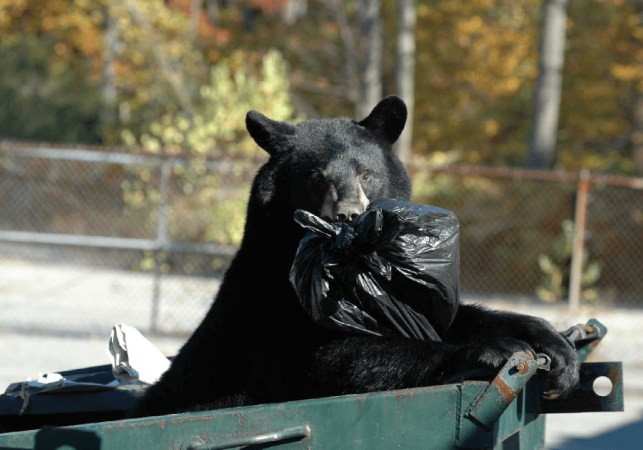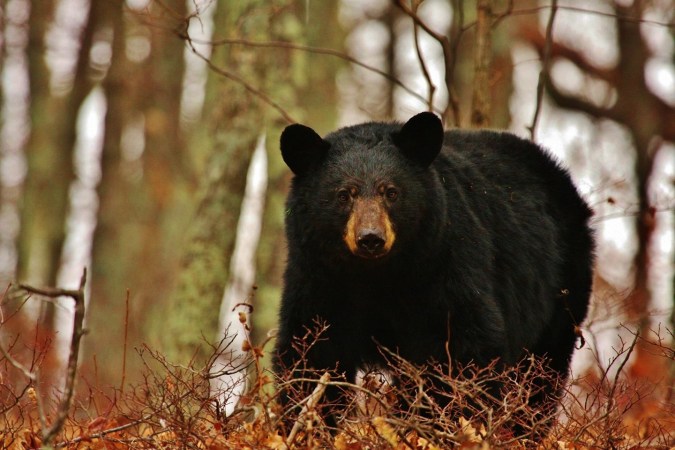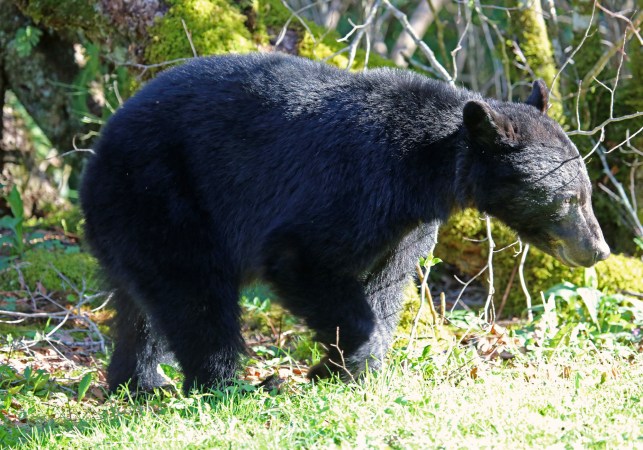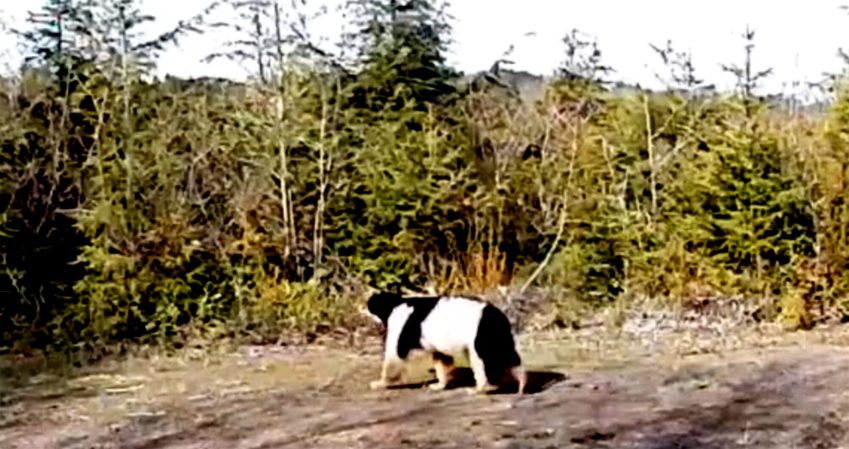The remains of a black bear cub were found in a garbage bag along the border of the Quanitco Marine Corps base and Prince William Forest Park in Virginia recently. Investigator’s found that the bear’s gallbladder was removed, and believe the mutilation was related to the international black market trade of bear bile and gallbladders, which are valuable in Asiatic medicines.
“For the purposes of traditional Chinese medicine, the bear is a walking drugstore,” reported the TRAFFIC Network, a wildlife trade-monitoring group. “Many parts of the bear, from fat to brain to spinal cord, have been used for millennia. The most coveted medicinal part of the bear is the bile within the gall bladder, which gram for gram can exceed the cost of narcotics.”
Bile and gallbladders have been used for thousands of years in the treatment of numerous of ailments including cardiac problems, eye puffiness, asthma, cancer, burns and impotence. In Western medicine, synthetically-made bile acid is used to dissolve gallstones and is the only FDA-approved treatment for the liver disease cirrhosis.
Intact bear gall bladders can fetch a few hundred dollars domestically, and up to 30 times that much on the black market in other countries, making them extremely valuable in terms of cost per ounce. Similar to the narcotics trade, the high rewards bring high risks. In one of the most extreme examples, a Korean businessman was murdered in Brooklyn in 1991, and 36 gall bladders were stolen from his freezer.
In China and Vietnam, where the wild bear population is low and declining, thousands of bears (mainly Asiatic black bears) are kept in cages on bear bile farms, where their bile is harvested through catheters inserted directly into their gallbladders. This has outraged animal rights groups around the world, and though this type of ‘milking’ would be illegal in the U.S., the large wild bear population presents a tempting target. Irregular laws and enforcement make the poaching, smuggling and sale of bear visceral products not uncommon.
Photo: bobisbob
